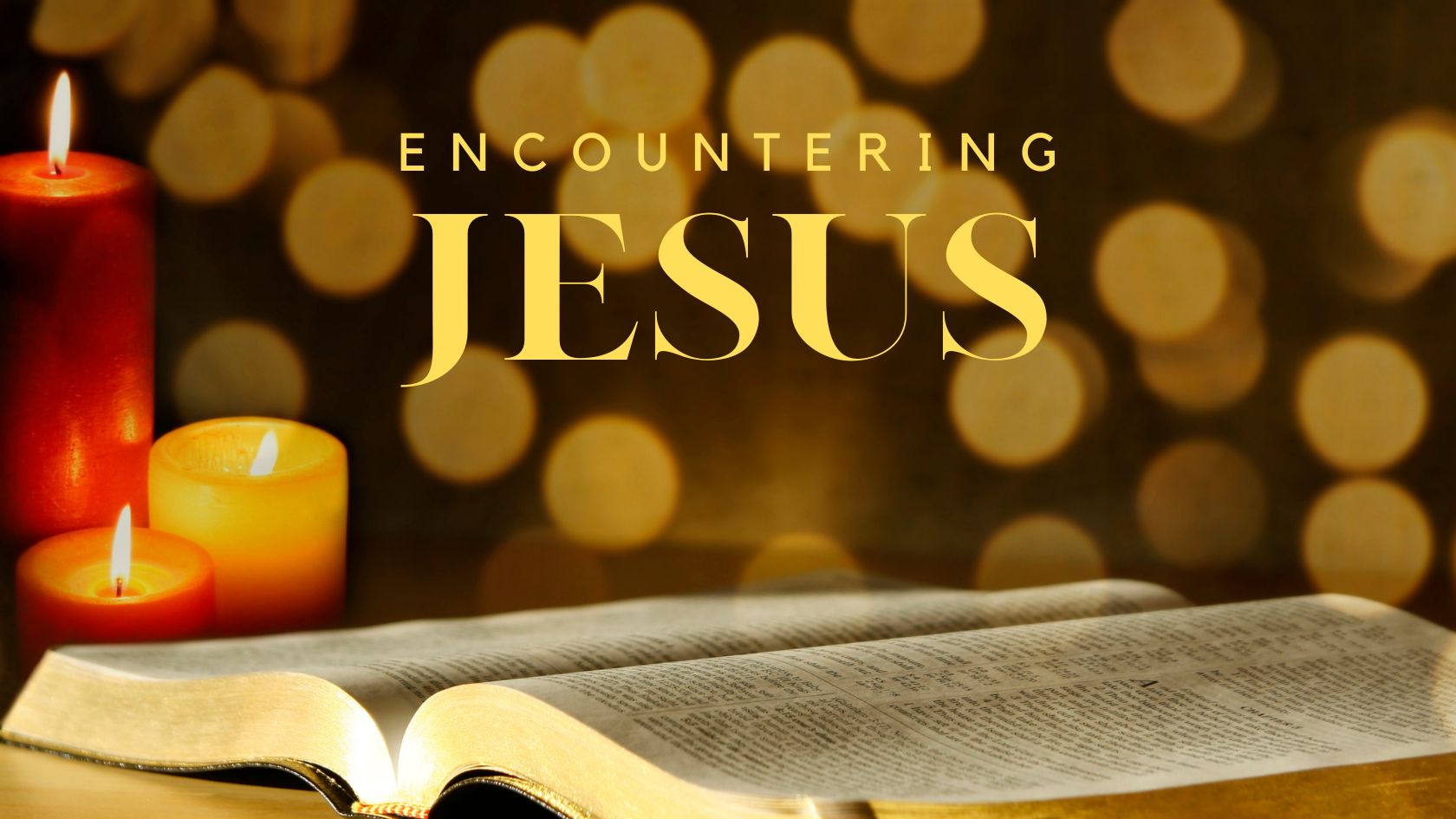Charges against the false teachers
Jude continues to explain in the letter to those who are called, beloved and kept of the errors and false teaching that has crept into the church unnoticed. In the precious passages he has used illustrations from the Old Testament to show the sin, shame, and end of these false teachers. Jude in such a short amount of time has exposed them of their errors. In today’s verses Jude continues to point to their faults, flaws and false teaching. He
Portraits of False Teaching
During this first half of the book of Jude, Jude has been explaining the false teaching that has crept into the church through false teachers. You might say Jude is pointing out the problem before getting to the solution of how you are to positively contend for the faith. In these short verses, Jude has pointed back to the Old Testament for examples and errors that happened to the people of God. He has given seven examples of stories that
Ways, errors and Rebellions
Jude continues to explain the false teachers who have crept into unnoticed into the church. Jude continues to refer to the false teachers as ‘they’ or ‘themselves.’ Their false teaching on some level has been accepted by the church either because they did not correct the false teaching or what is more likely it wasn’t seen as false teaching at all. Two dangers lie in what I said, the first is that you know it to be false teaching, but
Do (not) follow your dreams
Jude continues to show the ways of the false teachers who have crept into the church. He has told them their two main errors: 1) Perverting the Grace of God into sensuality and 2) denying the Lordship of Jesus Christ. Last week we saw that they Rejected God’s Salvation, rebelled against God’s authority, and refused God’s created order. Jude showed used examples of the outcome of people and angels who had done the same thing in the Old Testament. He
Against God
We turn this week to the beginning of Jude’s word of exhortation. He has introduced himself and who the letter is written for. He has told them the reason why he has written the letter and what he wants the readers to do in the end. He begins with an introductory statement of how he wants to remind them. Jude tells those who are called, beloved, and kept, that they once knew something that they have forgotten. A truthful statement
Contending for the Faith
After introducing himself and who Jude is writing for he tells them exactly what this letter is written to accomplish. We will look at the specific details of what this entails but we need to note that Jude had sat down at his desk to write a different letter. He informs them that he wanted to write about their common salvation. However, as Jude sat down to write this letter the Holy Spirit carried his pen in a different direction.
Jude: introduction
Jude is the last book before Revelation and is one of the shortest books in the Bible, approximately 461 words (in Greek),[1] making it the fourth-shortest book in the New Testament.[2] Jude has been called the ‘most neglected book in the New Testament.’[3] Carson and Moo explain that Jude is a timeless book addressing issues found in every generation; "The atmosphere of postmodernism in which the church now lives requires us to guard vigilantly against the temptation to welcome heresy
Anna’s Anticipation
We finish our short series as we have seen the response of the incarnation from the first chapters of the Gospel of Luke. We finish with a short story about a woman who had a hard life but was filled with joy and praise. Although she is only mentioned in these two verses, we should find that she is a great example of faith for believers. Her life has a memorial written in the word of God, one that we
Simeon’s Blessing
We come to our second to last person whom we are going to look at during our short study in people’s responses to the incarnation of Jesus. Today we will see a response of a man who I believe understood the promises of the Old Testament in a way that many people have missed. His name is Simeon; Luke begins this section telling us about a man in Jerusalem. We find out four things about him. Righteous, devout, waiting and
A Priest’s Prophecy
We come to the third response to the good news of the incarnation found in the gospel of Luke. We have met this person before, Zechariah. As he was serving in the temple the angel Gabriel appeared to him and told him the news that his wife Elizabeth, who was barren and both of them were advanced in years was going to have a son. However, Zechariah did not believe the words that Gabriel had spoken to him. The last





